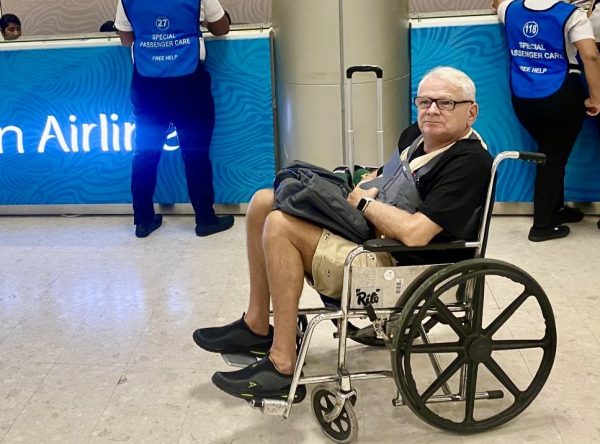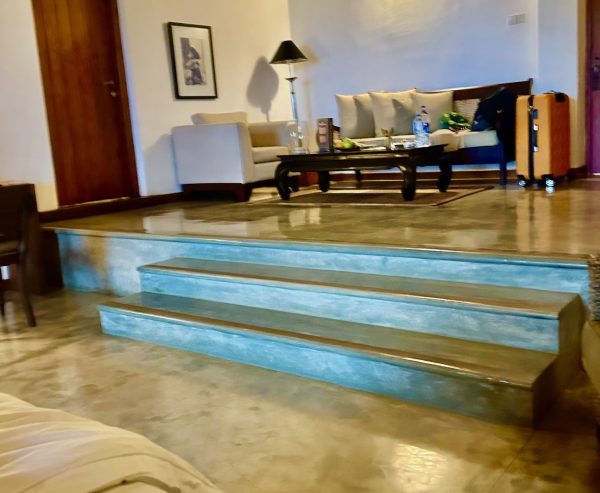BANGKOK, 22 September 2025: When we pack our bags for a journey, most of us think about tickets, hotels, and itineraries; far fewer give much thought to travel insurance.
It’s often treated as an optional extra. In reality, insurance is as essential as your passport, providing an invisible safety net that can make the difference between a minor disruption and a financial or personal disaster.

I write from personal experience. Recently, in Sri Lanka, I fractured my shoulder in three places after a fall in my hotel room in Galle.
A midnight trip to the bathroom, a misjudged step, and suddenly I was in an ambulance. My first stop was a government hospital, which, on paper, offered free care. In reality, the wards were overrun, the staff overwhelmed, and the facilities ill-equipped to handle foreign visitors.
Locals struggled to get the treatment they needed, and adding tourists to the queue worsens the strain. My advice is blunt: never rely solely on “free” public healthcare while travelling. Without proper insurance, you risk delays, inadequate treatment, and immense stress.
The turning point came when, thanks to my travel insurance, I was transferred to a private hospital. The contrast was like night and day. Skilled staff, modern equipment, and timely treatment restored my confidence. I was attended to immediately and quickly dispatched to have an X-ray of my shoulder. It was a stark reminder that you get what you pay for, and when your health is at stake, cutting corners is not an option.

Back in Thailand, barely three weeks later, I had another accident at home and broke my foot. Without insurance, that could have been financially painful as well. Instead, my accident cover meant the bills were taken care of. Peace of mind is priceless, especially when accidents come in quick succession.
This was not my first brush with injury abroad. Some years ago, in Bhutan, a country I admire deeply for its emphasis on its citizens’ happiness. I had slipped while trekking and broken my ankle.
Bhutanese hospitals, though free and staffed by caring professionals, lacked the diagnostic equipment to detect the fracture. Only upon my return to Bangkok was the break confirmed. That delay reinforced a lesson: insurance not only covers costs but gives you the ability to access higher standards of care, sometimes beyond the borders of the country you are visiting.
The hard fact is that accidents happen anywhere, even in places we love and feel safe. Hotel designers, please note – steps in bedrooms are a hazard. Travellers, please note, a policy that covers hospitalisation, emergency evacuation, and follow-up care is not a luxury; it is a necessity.
Travel opens the door to wonder, discovery, and joy. But it also carries risk, often when you least expect it. Please take my advice, born from hard knocks and hospital stays across numerous countries: secure the best possible travel insurance before you set foot on your journey.
About the author
Andrew J Wood is a travel writer, commentator, and international hospitality editor with more than 40 years in the hotel and tourism industry. A former hotel general manager, he is a past president of Skål International Asia, Thailand, and Bangkok, and a regular contributor to the region’s travel and tourism publications.






